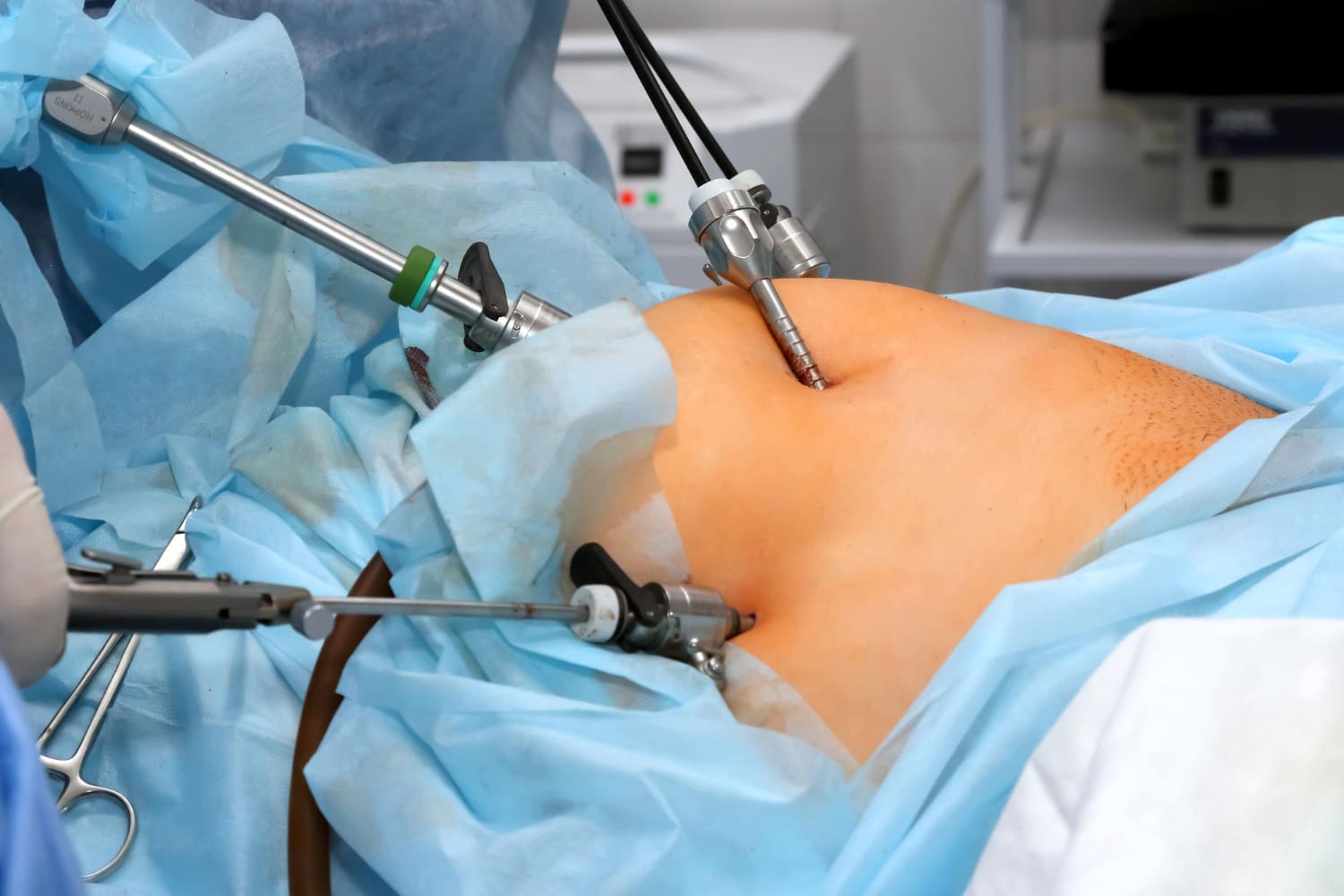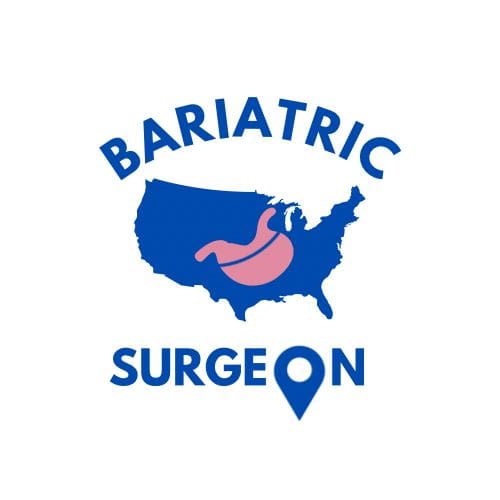Gastric sleeve surgery, also known as sleeve gastrectomy, is one of the most popular bariatric surgeries performed today. This procedure has gained popularity due to its relatively straightforward approach and its effectiveness in achieving significant weight loss. It involves the removal of approximately 80% of the stomach, leaving behind a sleeve-shaped tube.
How Gastric Sleeve Surgery Works
During gastric sleeve surgery, the surgeon removes a large portion of the stomach, reducing its size to about 15-20% of its original volume. This smaller stomach can hold much less food, which means patients feel full more quickly. Additionally, the surgery affects the hormones responsible for hunger, further helping with weight loss. By curbing both appetite and food intake, patients can achieve and maintain substantial weight loss.
Benefits of Gastric Sleeve Surgery
The gastric sleeve offers several benefits, the most obvious being significant and sustained weight loss. Many patients lose 60-70% of their excess weight within the first year. Additionally, the surgery can lead to the improvement or even resolution of obesity-related conditions such as diabetes, high blood pressure, and sleep apnea. One of the major advantages of the gastric sleeve over other procedures is that it does not affect the intestines, so the body continues to absorb nutrients normally.
Risks and Complications
While gastric sleeve surgery is generally safe, it does carry some risks. Potential complications include bleeding, infections, and leakage along the stapled portion of the stomach. Additionally, some patients may experience acid reflux or nutrient deficiencies if they do not follow a proper post-operative diet. It’s essential to work closely with healthcare providers to monitor nutritional intake and overall health after surgery.
Who is a Candidate for Gastric Sleeve Surgery?
Gastric sleeve surgery is typically recommended for individuals with a BMI (Body Mass Index) of 40 or higher, or for those with a BMI of 35 or higher who also suffer from obesity-related health issues such as type 2 diabetes or high blood pressure. Candidates should be ready to commit to long-term lifestyle changes, including diet, exercise, and regular medical follow-ups.
Conclusion
Gastric sleeve surgery is a powerful tool in the fight against obesity. Its effectiveness, combined with fewer long-term complications compared to other bariatric procedures, makes it an appealing option for many. However, success with gastric sleeve surgery requires ongoing commitment to a healthy lifestyle.







